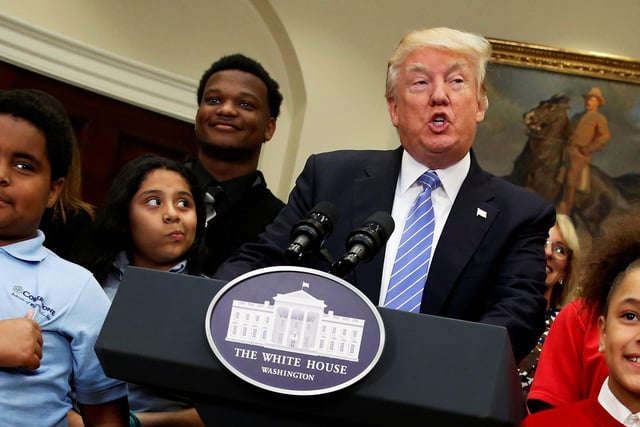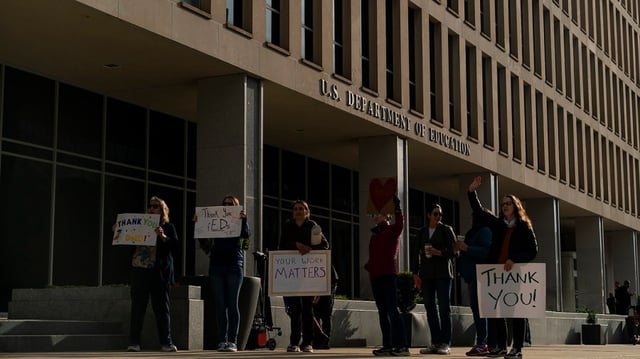Overview
- The Educational Choice for Children Act, allocating $5 billion annually in tax credits for private school scholarships, has been incorporated into the GOP budget reconciliation package.
- The program offers a dollar-for-dollar federal tax credit for donations to scholarship nonprofits, capped at $5,000 or 10% of taxable income.
- Critics warn the measure could divert significant funding from public schools, disproportionately affecting rural and low-income areas with limited private school access.
- The bill lacks provisions requiring private schools accepting vouchers to hire certified teachers or provide special education services, raising accountability concerns.
- If passed, the legislation would bypass state-level rejections of school vouchers and expand access to all 50 states, with only a simple Senate majority needed for enactment.



